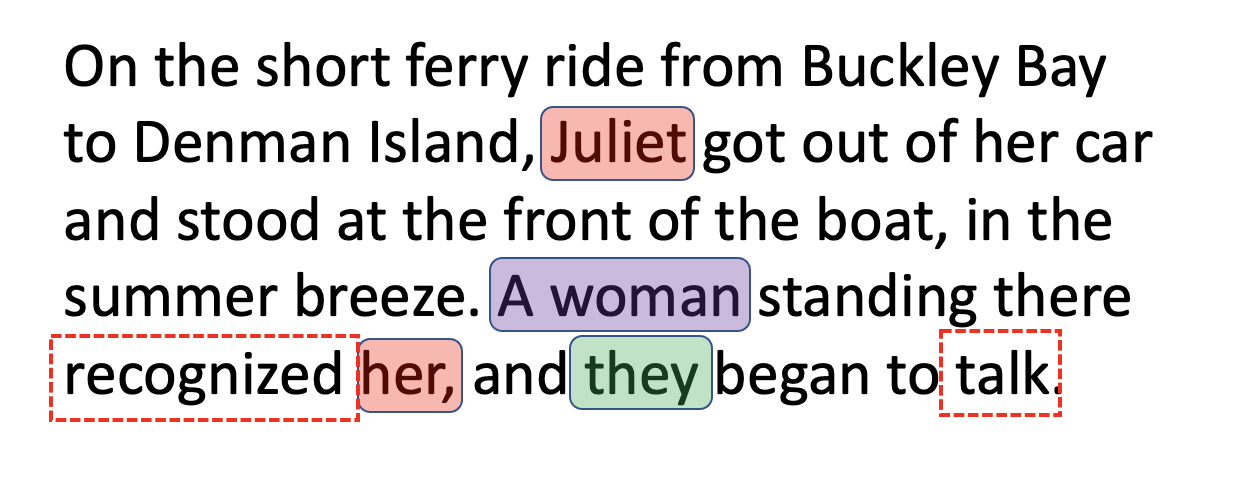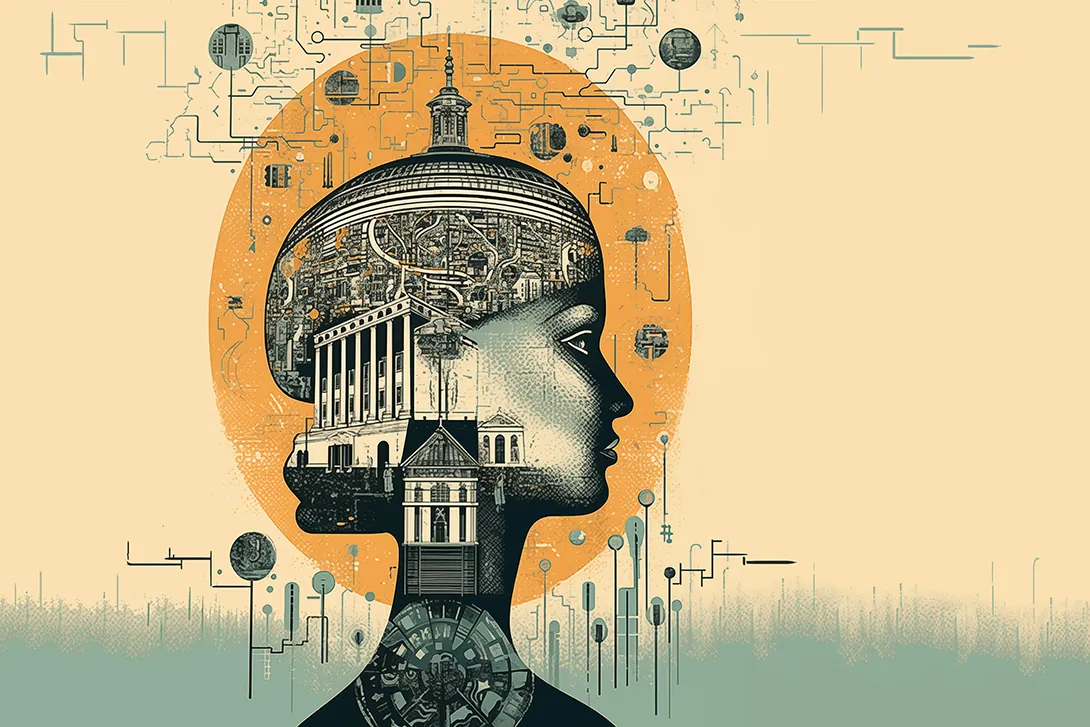Today and tomorrow representatives from a number of countries have gathered at Bletchley Park to discuss AI safety. Close to 30 countries, including Canada were represented and they issued The Bletchley Declaration by Countries Attending the AI Safety Summit, 1-2 November 2023. This declaration starts with,
Artificial Intelligence (AI) presents enormous global opportunities: it has the potential to transform and enhance human wellbeing, peace and prosperity. To realise this, we affirm that, for the good of all, AI should be designed, developed, deployed, and used, in a manner that is safe, in such a way as to be human-centric, trustworthy and responsible.
The declaration discusses opportunities and the need to support innovation, but also mentions that “AI also poses significant risks” and mentions the usual suspects, especially “capable, general-purpose models” that could be repurposed for misuse.
What stands out is the commitment to international collaboration among the major players, including China. This is a good sign.
Many risks arising from AI are inherently international in nature, and so are best addressed through international cooperation. We resolve to work together in an inclusive manner to ensure human-centric, trustworthy and responsible AI that is safe, and supports the good of all through existing international fora and other relevant initiatives, to promote cooperation to address the broad range of risks posed by AI.
Bletchley Park is becoming a UK symbol of computing. It was, of course, where the Allied code-breaking centre was set up. It is where Turing worked on the Colossus, an important early computer used to decode the German ciphers and give the Allies a crucial advantage. It is appropriate that UK Prime Minister Sunak has used this site to gather representatives. Unfortunately few leaders joined him there, sending representatives instead, though Trudeau may show up on the 2nd.
Alas, the Declaration is short on specifics though individual countries like the United States and Canada are securing voluntary commitments from players to abide by codes of conduct. China and the EU are also passing laws regulating artificial intelligence.
One thing not mentioned at all are the dangers of military uses of AI. It is as if warbots are off the table in AI safety discussions.
The good news is that there will be follow up meetings at which we can hope that concrete agreements might be worked out.





